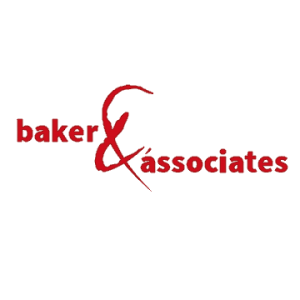
If you are considering filing for bankruptcy, you will enter into a legal proceeding, which means that you will hear legal terms that may be unfamiliar to you. Below is a list of common terms used during the bankruptcy case. It may help you understand the different terms and make the legal process less stressful and confusing.
Assets
All kinds of property possessed by the filer, counting financial accounts, real estate, personal property, and accounts receivable or money owed.
Automatic stay
An authoritative warning or order that stops any legal and collections actions against the bankruptcy petitioner.
Bankruptcy Court
The judge, administrator, and trustee assigned to moderate over your bankruptcy case in your specific jurisdiction.
Chapter 7 Bankruptcy
A type of bankruptcy petition claiming to liquidate some types of debts.
Chapter 11 Bankruptcy
A type of bankruptcy filed mostly by businesses, who claim protection from their creditors while restructuring their business or personal operations into an approachable payoff plan.
Chapter 13 Bankruptcy
A type of bankruptcy aimed to reorganize all personal debt into a court-approved monthly repayment plan, supervised by the court.
Creditor
The person to whom you owe money.
Debtor
Any person owing money to a creditor.
Discharge
The liberation of a debtor from specific debt engagements. Some debts will be discharged at the end of a successful Chapter 7, Chapter 11, or Chapter 13 bankruptcy filing.
Dismissal
The bankruptcy court has abandoned the case. However, this term is different from discharge. It does not signify that the person who has filed bankruptcy has been dismissed from his debt obligations.
Exempt Property
The code of bankruptcy permits debtors to report some property as bankruptcy exemptions. If the exemption is allowed, it will be safe from creditors and the bankruptcy estate.
Means Test
A path to establish if you are eligible for bankruptcy and the chapter of bankruptcy you qualify for employing national and local norms for monthly income.
Non-Dischargeable Debt
Whatever debt that cannot be discharged in bankruptcy, included student loans and other government-backed loans.
Party of Interest
Includes creditors who have something to lose in your bankruptcy case.
Pre-Petition
Legal acts that happen before filing the formal bankruptcy petition.
Post-Petition
Legal acts that happen after the petition has officially started the bankruptcy process.
Schedules
A precise list that includes all of your assets, liabilities, and your monthly budget.
Secured Debt
A form of loan taken out on property or assets, for example, a car loan. Creditors keep the right to repossess the property in the case of non-payment.
Unsecured Debt
Credit cards are considered as unsecured loans. The credit card company lends money by a promise to pay, without an operation for retaking a determined piece of property for nonpayment.
Statement of Financial Affairs
At the start of the bankruptcy process, debtors fill out a questionnaire. The account of financial matters is mostly a section of the pre-petition process.
Trustee
A delegate of the bankruptcy estate, affected to practice legal power and supervise the property’s adequate disposal included in the bankruptcy estate.
If you would like more information regarding bankruptcy and how you could get a financial fresh start, contact a Rio Grande bankruptcy attorney.
